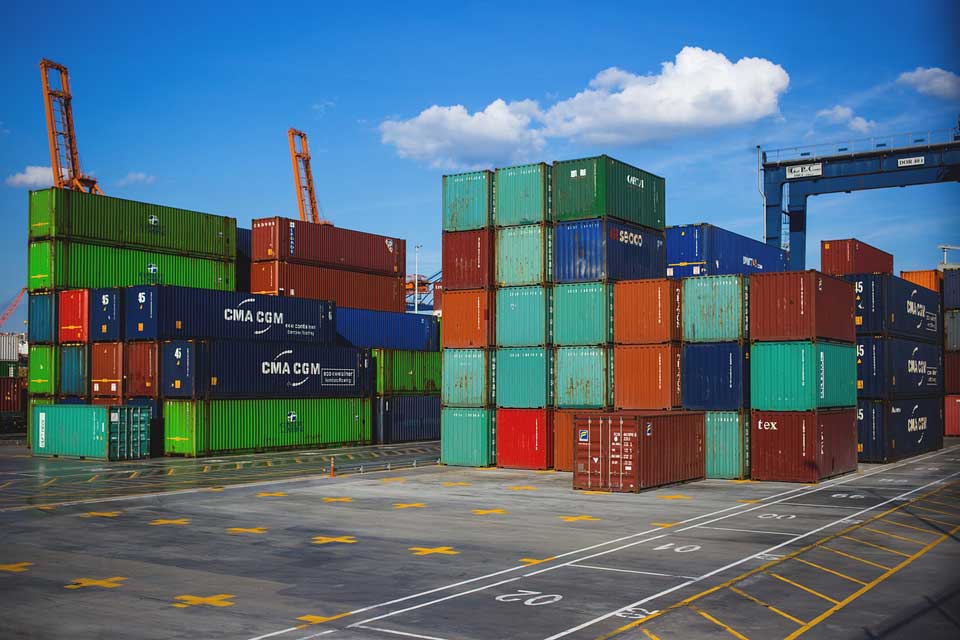UK Freight Association reintroduces face-to-face training programme

The British International Freight Association (BIFA) has confirmed that some of its extensive portfolio of training courses will return to being conducted in person, as it strengthens the team of people that deliver that training. “Delegates have shown their appreciation for being able to complete our various courses online since classroom training was suspended in […]
Freight association calls for greater clarity and detail on new cross border trade systems

BIFA, the trade association for UK freight forwarders, says the devil will be in the detail when it comes to the raft of recent announcements by the government in regards to various aspects of future cross border international trade. Robert Keen, the trade association’s Director General said: “The sooner the government puts some meat on the […]
BIFA offers guidance for business life after lockdown

The British International Freight Association (BIFA) has published a guidance blueprint on the steps businesses should be taking in order to facilitate a return to work once the current lockdown restrictions are eased by the Government. BIFA says that whilst it was difficult to provide precise answers to the many questions it has received from […]
BIFA welcomes new customs declarations processing system

The British International Freight Association (BIFA) notes that the implementation timetable on the new computer system that will replace an existing system used for processing Customs declarations is under review by the programme implementation board. BIFA Director General, Robert Keen says that speculative comments on social media have caused further uncertainty among its members that […]
UK freight association names policy and compliance officer

The British International Freight Association (BIFA) has confirmed the appointment of David Stroud as its policy and compliance adviser with responsibility for logistics issues relating to air freight, security and sustainable logistics. David Stroud is a highly experienced industry professional and has held senior management roles with DHL Global Forwarding, Tigers Global Logistics and NNR Global […]
BIFA welcomes customs training deadline extension

The British International Freight Association (BIFA) has welcomed the Government’s decision to extend the deadline for businesses to apply for funding towards training courses that help them to complete customs declarations. The funding was initially revealed in December 2018, and it was recently announced that the deadline for applications would be extended to May 31st […]
Freight trade welcomes HMRC’s ‘no deal’ TSP extension

The British International Freight Association (BIFA) has welcomed the decision by HMRC to extend Transitional Simplified Procedures (TSP) in the event of a no-deal Brexit. “Having criticised HMRC when it originally published its Transitional Simplified Procedures in February, we now welcome the news that, in the event of a no-deal Brexit, the date when the […]
BIFA hosts inaugural Young Freight Forwarders Network event

The British International Freight Association (BIFA) has launched a new networking group, the BIFA Young Forwarders Network (YFN). Aimed at supporting individuals that have recently joined the logistics sector, the event, which was co-hosted with Outsource, part of the Seetec Group, was timed to link with the 12th National Apprenticeship Week (NAW 2019). “The turnout […]
BIFA Customs-related training courses now CPD accredited

The British International Freight Association (BIFA) has secured Continuous Professional Development (CPD) accreditation for both of its Customs-related training courses. CPD accreditation is one of the highest standards for both academic and practical qualifications, ensuring teaching and learning remain up to date. Carl Hobbis, BIFA’s training development manager, said: “Getting your courses CPD accredited to […]
BIFA launches freight forwarding apprenticeship drive

The British International Freight Association (BIFA) has launched a website to help both employers and recruits to better understand apprenticeship opportunities in the freight forwarding industry. The development follows last year’s introduction of the International Freight Forwarding Specialist apprenticeship, which aims to provide more opportunities for young people in the industry. The microsite includes case […]

